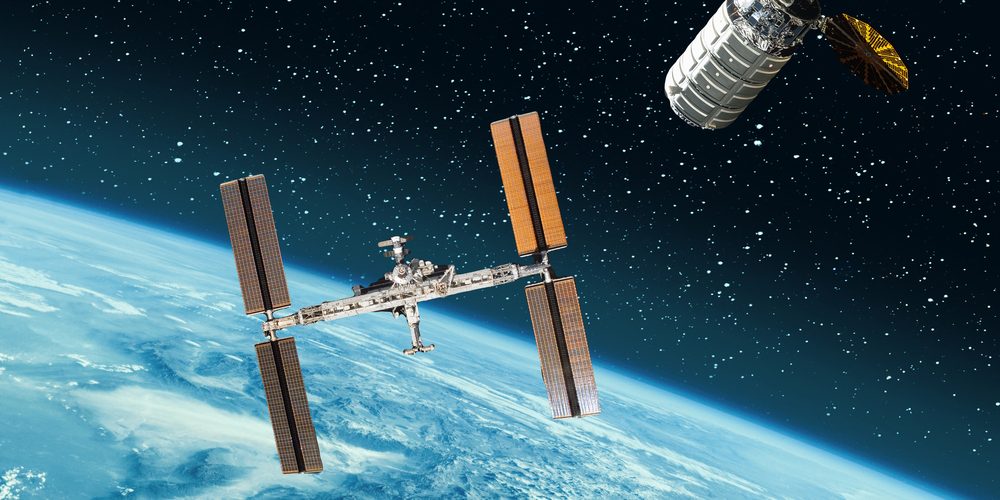New satellite tools will enhance broad-area surveillance as NATO reduces its reliance on U.S. intelligence.
Others are reading now
As NATO recalibrates its long-term defense posture, the alliance is investing in new technology to independently track troop movements and potential threats on its eastern border. Surveillance, long dominated by U.S. assets, is now becoming a collective responsibility.
Expanding Capabilities Across Eastern Europe
The new system, Smart Indication and Warning Broad Area Detection (SINBAD), will enable year-round satellite monitoring of military activity near Ukraine and NATO’s eastern front.
Artificial intelligence will flag sudden movements or terrain changes across wide geographic areas, from border regions to potential conflict zones.
According to HotNews, the system is part of a pilot initiative launched ahead of a broader NATO surveillance expansion planned for 2026.
Also read
The alliance has partnered with U.S.-based Planet Labs to deploy the technology.
While initially focused on Eastern Europe, officials have suggested SINBAD could later be used in other strategic regions such as the Arctic, where Russian and Chinese presence is growing.
Reducing Dependence on Washington
For decades, NATO’s space-based surveillance relied heavily on U.S. intelligence. But with European leaders aiming to boost their own capabilities, the SINBAD rollout marks a step toward self-sufficiency.
The move also reflects broader efforts to increase defense spending. At the upcoming NATO summit in The Hague, member states are expected to consider a target of 5% of GDP for combined core and related defense budgets — a demand long championed by former U.S. President Donald Trump.
This renewed emphasis on joint capability and readiness comes amid persistent uncertainty over the future of Ukraine and NATO’s evolving role in regional stability.


